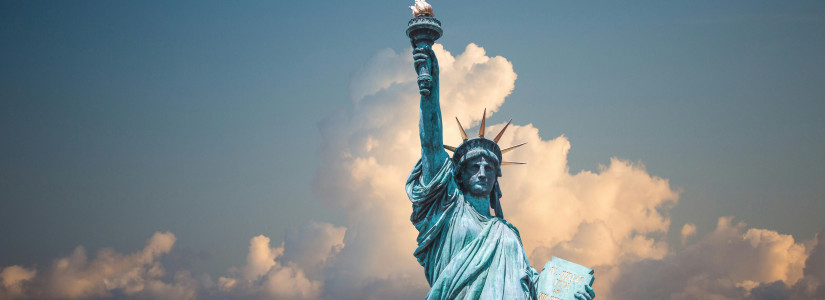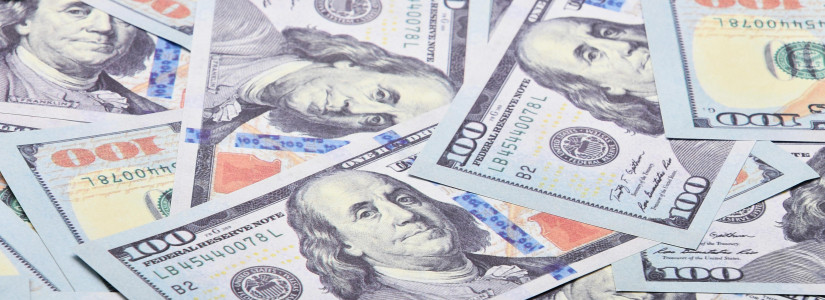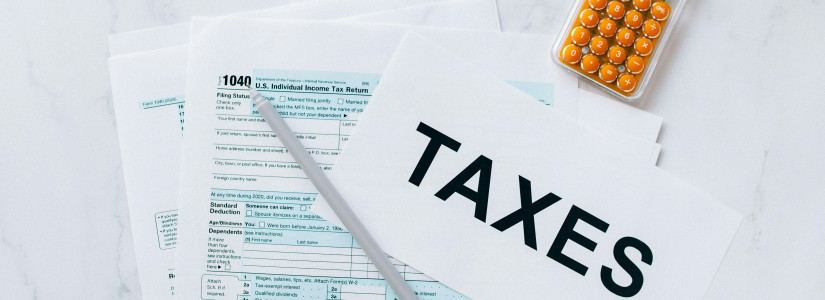Will State Liability Protections Prevent a Wave of COVID-19 Lawsuits?
States have given liability shields to a number of different entities during the COVID-19 crisis. From doctors to business, states have tried to protect them from lawsuits either through legislation or Executive Orders. This was presumed to have made it impossible for plaintiffs to file lawsuits against certain people. However, the legality of these measures is still up for discussion in the courts. If these legal protections are struck down, it could open the floodgates for scores of future lawsuits.
Many States Have Tried to Restrict COVID-19 Lawsuits to Protect Businesses and Doctors
While there has been discussion in Congress of a global nationwide liability waiver for businesses, this has already happened in some states to an extent. While lawsuits have not been barred in their entirety in many states, the bar has been raised on what a plaintiff needs to demonstrate in order to succeed at trial. For example, some of these liability shields have raised to standard to gross negligence. This is much more difficult to meet than pure negligence, and often involves some type of reckless disregard for health, safety and welfare.
These measures have not stopped plaintiffs from trying to recover for the injuries that they have suffered during COVID-19. Many lawsuits have challenged the legality of these liability protections, hoping to strike them down in court. These protections are likely to be heavily scrutinized, especially when they come in the form of executive actions as opposed to legislation.
The first major strategy is to go after the liability protections themselves. If courts end up finding that they violate plaintiffs' legal rights, it will lower the standard back to negligence, making it easier for plaintiffs to recover. However, other lawsuits are taking a different tack.
Other plaintiffs are alleging that the defendants' actions rose to the level of gross negligence. While this standard is measurably higher than negligence, it is not impossible to meet with respect to COVID-19 lawsuits. The actual standard for proving gross negligence depends on the state in which the lawsuit is filed. In some jurisdictions, gross negligence is essentially boiled down to "negligence plus." In other states, some sort of intentional action is a must.
Even with the New Rules, Many Businesses Can Still Be Found Liable in Court
In any event, even under the strictest version of the gross negligence standard, some employers and businesses' actions could still subject them to liability. For example, when employers kept requiring employees to come into work when they were showing virus symptoms and did not provide them with personal protective equipment, that could be considered gross negligence in many states. Even when nursing homes are protected from liability, they could still be found grossly negligent when they failed to outfit their staff with masks and shields and took no steps to separate sick patients.
Right now, most of the lawsuits are focused on whether businesses followed federal and state guidance meant to prevent the spread of the pandemic. From an employment perspective, this includes accusations that the employer did not provide masks or allow employees to distance. Many lawsuits have cited OSHA and CDC guidance in attempting to show that a business was grossly negligent. In many lawsuits, the failure to follow a federal regulation is strong evidence of the defendant's negligence.
Each state is reacting differently to COVID-19 lawsuits. For instance, Iowa requires plaintiffs to have actually gotten sick with the virus in order to file a lawsuit. They cannot bring a lawsuit for mere exposure.
What is certain is that the effects of COVID-19 will be felt in the courts for quite a long time. Proportionally, very few of the COVID-19 lawsuits that will be filed have actually begun in court. The statute of limitations in each state means that some plaintiffs will take several years to file their cases. Thus, it is likely that there will be a rush to file lawsuits two years after the pandemic begun. Moreover, the pandemic is not even close to finished yet, meaning that many potential plaintiffs have not yet been sickened.
The prospect of massive liability is going to hang over the collective heads of businesses and health care providers for years. Even the soonest of COVID-19 lawsuit trials will not begin to occur until some point in 2021. Further, courts will likely be backed up for many months to come since most of the physical courthouses are closed.












